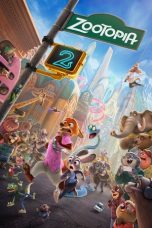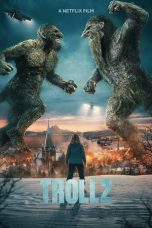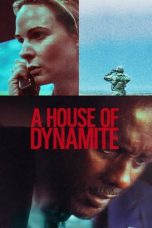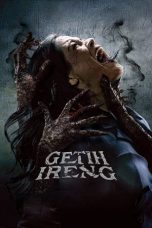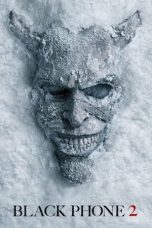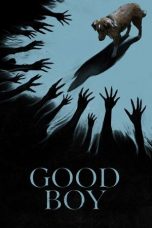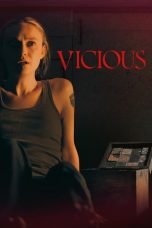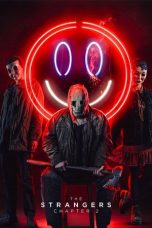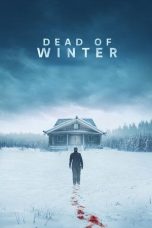Urban Legends: Final Cut (2000) Movie Review: A Middling Sequel with Moments of Thrill
Urban Legends: Final Cut, directed by John Ottman and released in 2000, is the second installment in the Urban Legend series. This slasher film attempts to capitalize on the success of its predecessor by diving deeper into the world of urban legends with a fresh set of characters. Starring Jennifer Morrison, Matthew Davis, and Hart Bochner, the film offers a mix of suspense and horror, though it struggles to distinguish itself from other entries in the genre.
Plot Overview
The story follows Amy Mayfield (Jennifer Morrison), a film student at Alpine University who is working on her thesis project about urban legends. As she begins her production, her crew members start to die in gruesome ways that mimic the very legends she is exploring. Amy soon realizes that a real killer is targeting her and her friends, turning her project into a deadly reality.
As the bodies pile up, Amy teams up with fellow student Travis Stark (Matthew Davis) and security guard Reese Wilson (Loretta Devine), a returning character from the first film, to uncover the identity of the killer. The plot thickens with twists and turns, leading to a climactic showdown that reveals the surprising mastermind behind the murders.
Performances
Jennifer Morrison delivers a solid performance as Amy, portraying the character’s determination and vulnerability convincingly. Her portrayal of a young filmmaker caught in a deadly game adds a layer of authenticity to the film. Matthew Davis provides a decent supporting role as Travis, though his character is not as fleshed out as it could be. Loretta Devine, reprising her role as Reese Wilson, brings a sense of continuity and familiarity, offering both comic relief and a strong presence.
Direction and Cinematography
John Ottman, who is primarily known for his work as a composer and editor, makes his directorial debut with Urban Legends: Final Cut. His direction shows promise, particularly in creating tension and atmosphere. The film’s cinematography by Brian Pearson uses dark, moody lighting to enhance the eerie and suspenseful tone. The film’s setting at a secluded university campus provides an appropriately claustrophobic backdrop for the horror to unfold.
Script and Execution
The screenplay, written by Scott Derrickson and Paul Harris Boardman, attempts to build on the urban legend theme by integrating it into a film-within-a-film structure. While this meta-approach is intriguing, the execution is uneven. The dialogue often feels clichéd and lacks the wit and originality needed to elevate the story. The pacing is inconsistent, with some scenes dragging while others rush through key plot points.
Themes and Symbolism
Urban Legends: Final Cut explores themes of ambition, deception, and the power of storytelling. The use of urban legends as a central motif underscores the idea that stories can come to life in unexpected and dangerous ways. The film also delves into the pressures and challenges faced by aspiring filmmakers, highlighting the thin line between creativity and madness.
Critical Reception
The film received mixed reviews from critics and audiences. While some praised its suspenseful moments and the performances of its lead actors, others criticized its lack of originality and coherence. Compared to its predecessor, Urban Legends: Final Cut struggled to make a significant impact, often feeling like a rehash of familiar slasher tropes without bringing much new to the table.
Streaming Services and Availability
For those interested in watching Urban Legends: Final Cut, the film is available for streaming on various platforms. In the United States, it can be rented or purchased on Amazon Prime Video, Google Play Movies, YouTube, and iTunes. These options provide easy access for viewers looking to revisit this early 2000s horror sequel.
Conclusion
Urban Legends: Final Cut offers moments of genuine suspense and some effective thrills, but it ultimately falls short of becoming a standout in the slasher genre. Jennifer Morrison’s performance and John Ottman’s direction provide some highlights, yet the film’s predictable plot and uneven execution hinder its overall impact.
For fans of the Urban Legend series or those with a penchant for early 2000s horror films, Urban Legends: Final Cut provides a passable, if not particularly memorable, viewing experience. Its blend of urban legend lore and slasher elements makes it a decent addition to a horror movie marathon, even if it doesn’t quite live up to the potential of its concept.


